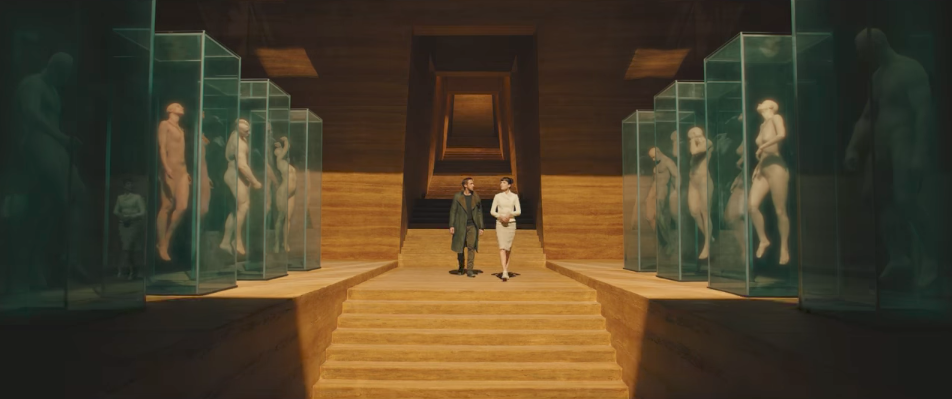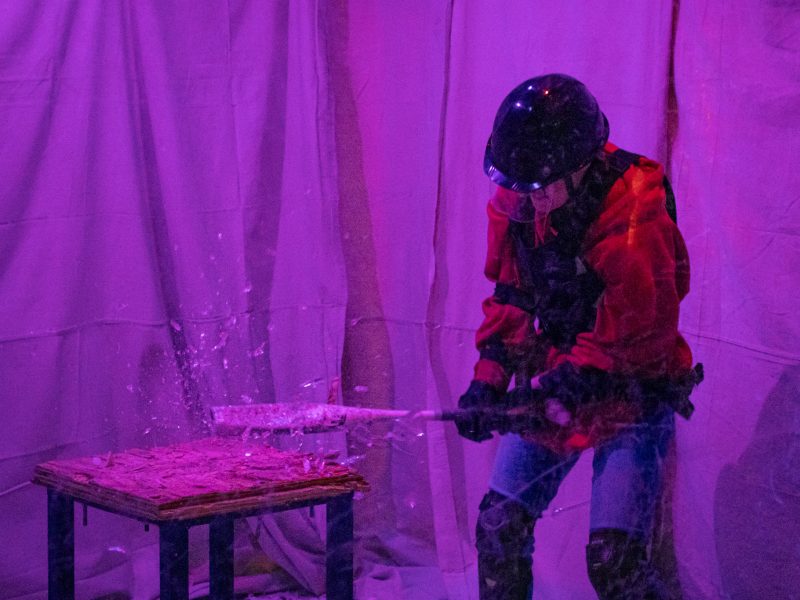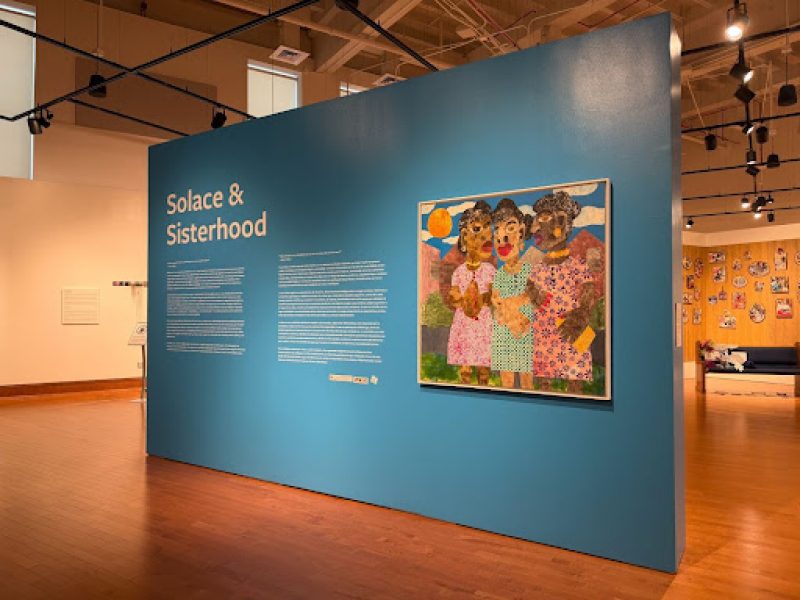Blade Runner 2049 had a problem from the moment whoever was in charge decided to make a sequel to the 1982 film noir classic. The original Blade Runner stood so well on its own. The dark film is shrouded in controversy in its ending and the number of cuts that were released. Any sequel could possibly dismantle and ruin the end of the original.
But 2049 overcomes every conceivable obstacle to become not just a great sequel, but a great movie. Director Denis Villeneuve (Arrival) created a film that feels as though it’s in theaters not for the money, but for the art. The film is loud in both color and volume, and viewers will always have a landscape to appreciate.
The film focuses mostly on Ryan Gosling’s K, a biorobotic being called a replicant, who holds the same title as Harrison Ford’s character in the first film. Much like its predecessor, 2049 categorizes itself as a film noir. Most every scene follows Gosling’s character as he picks apart a curious case involving a replicant he encounters at the film’s beginning.
Villeneuve paints the vast cityscapes and ruins of modern civilization beautifully, mixing colors in backgrounds so that each lingering take evokes the right kind of emotion. Gosling fits into the world perfectly. His interactions with his boss (Robin Wright), his A.I. wife (Ana de Armas) and his technological environment show a reserved loneliness and desire for something greater. Gosling becomes a part of the backdrop, but develops his character subtly over the course of the movie, without overplaying his hand.
Both Wright and de Armas play their roles well. In a world full of convincingly human androids, both of them find a way to make their character not only fit, but embody their own personal goals and flaws despite each earning only a short amount of screen time. Jared Leto also commands the screen in his short appearance. His villainous character, Wallace, monologues in a way that displays genuine menace. Leto’s performance almost earns him forgiveness for his role in Suicide Squad. Almost.
Finally, Ford’s return is welcome. After making a comeback as both Indiana Jones and Han Solo, Ford had to do something different in 2049 from the other series’ sequels. He does it so perfectly. His performance holds onto the ambiguity from the first movie, and enhances it. Perhaps the best part of his role is that it takes a backseat to Gosling’s movie. 2049 is Gosling’s movie, not Ford’s, and the veteran actor knows it.
2049 succeeds and proves its worth as a sequel 35 years in the making. The simple plot ratchets up the tension gradually. The movie provides plenty of visual stimulation as an insightful look at modern technology, where it’s heading and the ultimate impact it will have on both humanity and technology.
Best of all, it looks like there will not be a Blade Runner 2084.
3/4 shells.



